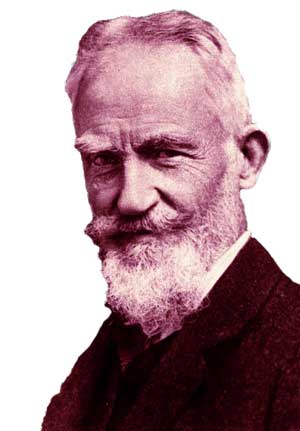Karl Marx Biography- Children, Religion, Quotes, Theory
Karl Marx: The philosopher, scientist, historian and revolutionary, Karl Marx, is without a doubt the foremost influential socialist thinker to emerge within the 19th century.
Biography of Karl Marx Life
Karl Heinrich Marx was born into a cushty middle-class range in Trier on the river Moselle in Germany on May 5, 1818. He came from an extended line of rabbis on each side of his family and his father, a person who knew Voltaire and Lessing by memory, had agreed to baptism as a Protestant in order that he wouldn’t lose his job together of the foremost respected lawyers in Trier. At the age of seventeen, Marx enrolled within the Faculty of Law at the University of Bonn. At Bonn, he became engaged to Jenny Von Westphalen, the daughter of Baron Von Westphalen, a prominent member of the Trier society, and therefore the man liable for initiating Marx in Romantic literature and Saint-Simonian politics.

In October 1842, he became the editor, in Cologne, of the influential Rheinische Zeitung, a liberal newspaper backed by industrialists. Marx’s articles, particularly those on economic questions, forced the Prussian government to shut the paper. Marx then immigrated to France.
Marx was expelled from Paris at the top of 1844 and with Engels, moved to Brussels where he remained for subsequent three years, visiting England where Engels’ family had cotton spinning interests in Manchester. While in Brussels, Marx devoted himself to an intensive study of history and elaborated what came to be referred to as the materialist conception of history.
About life of Karl Marx History
Early in 1848, he moved back to Paris when a revolution first broke out and onto Germany where he founded, again in Cologne, the Neue Rheinische Zeitung. The paper supported a radical democratic line against the Prussian autocracy and Marx devoted his main energies to its editorship since the Communist League had been virtually disbanded. Marx’s paper was suppressed and he sought refuge in London in May 1849 to start the “long, sleepless night of exile” that was to last for the remainder of his life.
During the primary half the 1850s, the Marx family lived in poverty during a three room flat within the Soho quarter of London. Marx and Jenny already had four children and two more were to follow. Of these, only three survived. His major source of income at this point was Engels who was trying a steadily increasing income from the closed corporation in Manchester. This was supplemented by weekly articles written as a far off correspondent for the ny Daily Tribune.
Marx’s major work on economics made slow progress. By 1857, he had produced a big 800 page manuscript on capital, landed property, wage labour, the state, foreign trade and therefore the world market. The Grundrisse (or Outlines) wasn’t published until 1941. within the early 1860s, he broke off his work to compose three large volumes, Theories of Surplus Value, which discussed the theoreticians of economics , particularly, Smith and Ricardo .
it had been not until 1867 that Marx was ready to publish the primary results of his add volume 1 of Capital, a piece which analysed the capitalist process of production. In Capital, Marx elaborated his version of the labour theory’ value and his conception of surplus value and exploitation which might ultimately cause a falling rate of profit within the collapse of commercial capitalism. Volumes II and III were finished during the 1860s but Marx worked on the manuscripts for the remainder of his life and that they were published posthumously by Engels.
During the last decade of his life, his health declined and he was incapable of sustained effort that had so characterised his previous work. He did manage to comment substantially on contemporary politics, particularly in Germany and Russia. In Germany, he opposed in his Critique of the Gotha Programme, the tendency of his followers, Karl Liebknecht (1826-1900) and August Bebel (1840-1913) to compromise with economy of Lasalle within the interests of a United Socialist Party . In his correspondence with Vera Zasulich, Marx contemplated the likelihood of Russia’s bypassing the capitalist stage of development and building communism on the idea of the common ownership of land characteristic of the village, mir.
Marx’s health didn’t improve. He travelled to European spas and even to Algeria in search of recuperation. The deaths of his eldest daughter and his wife clouded the last years of his life. Marx died on March 14, 1883 and was buried at Highgate Cemetery in North London.





